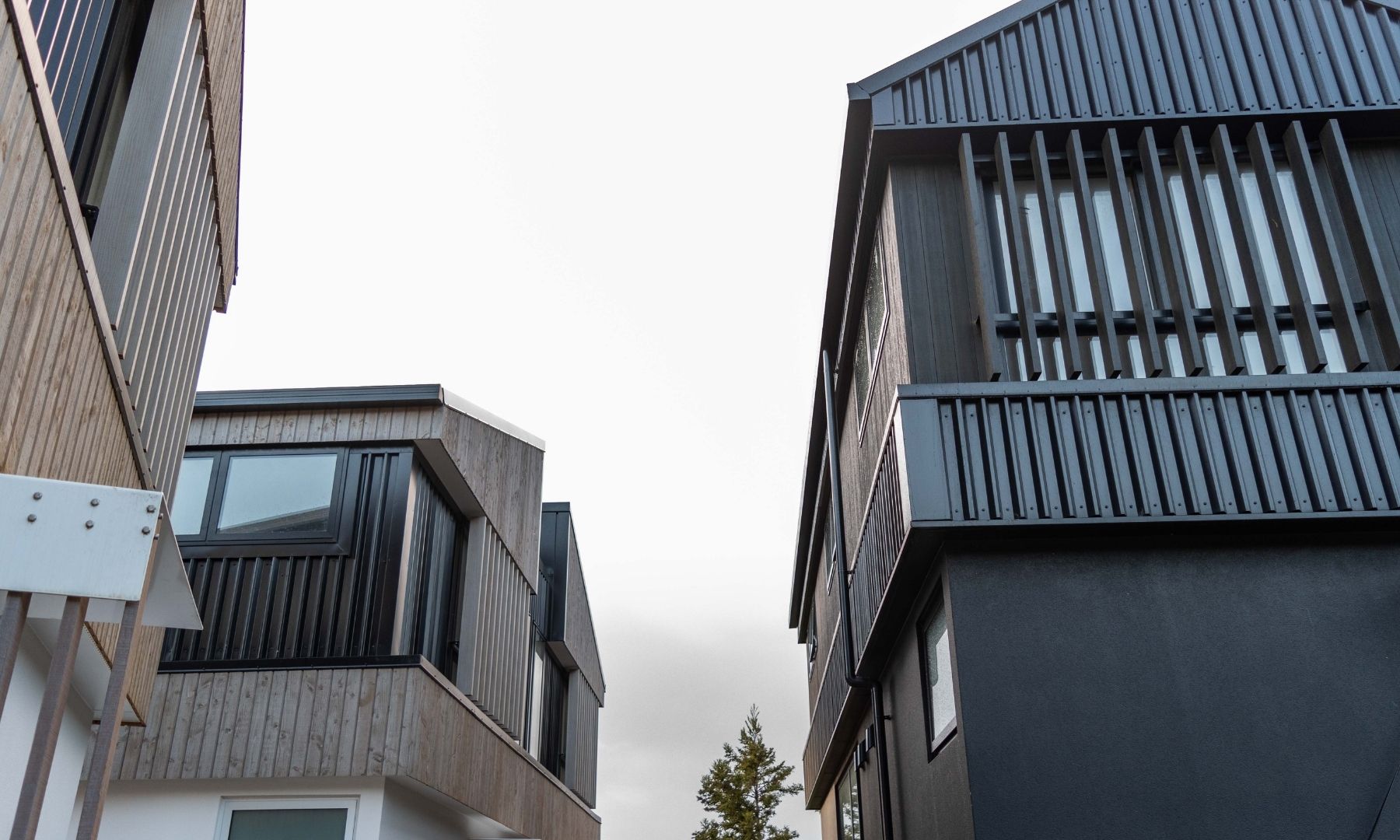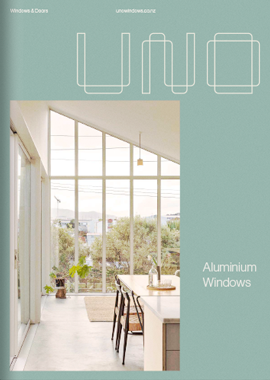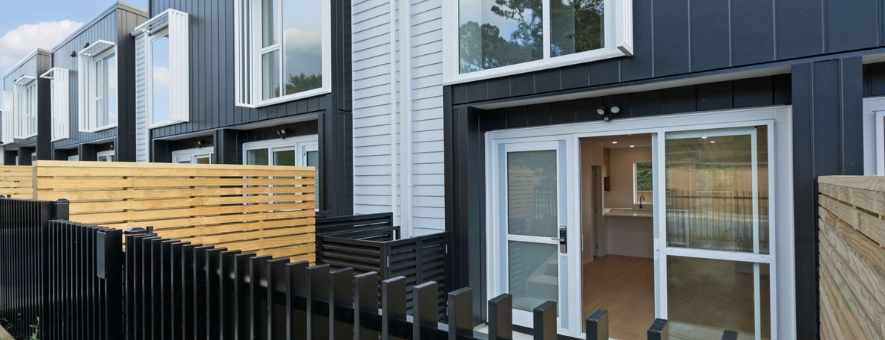Energy efficiency is no longer optional in New Zealand’s construction landscape, especially for multi-residential buildings. With the tightening of H1 requirements, architects and developers must consider achieving better thermal performance and staying compliant with building codes. This post will dive into the key aspects of H1 compliance and how UNO Windows & Doors' Thermal Suites offer a seamless solution for multi-residential projects.
Understanding the H1 requirements
H1 requirements under the New Zealand Building Code focus on energy efficiency, covering aspects like insulation, glazing, and heating. As of recent updates, stricter standards now apply, particularly in the thermal performance of windows, doors, and other external elements.
With their scale and complexity, multi-residential buildings present unique challenges in meeting these standards. Compliance is essential to ensure comfortable living spaces and reduced energy consumption.
Get your free copy of our Ultimate H1 guide here.
Why H1 compliance matters for Multi-Residential projects
Meeting H1 standards isn’t just about ticking boxes; it’s about ensuring long-term energy efficiency and occupant comfort. For architects and developers working on multi-residential projects, non-compliance can result in costly delays, redesigns, and council approval issues. Choosing materials and systems that align with H1 calculations is critical to avoiding setbacks and ensuring smoother project delivery.
UNO Windows & Doors: Supporting H1 compliance with Thermal Suites
UNO Windows & Doors has developed thermal suites designed specifically to meet the demands of H1 energy efficiency requirements. Here’s how we help architects and developers streamline compliance for multi-residential projects:
![]() Advanced Thermal Performance
Advanced Thermal Performance
Our thermal suite features a larger thermal strip, providing excellent insulation that helps achieve a higher construction R-Value. This translates into lower energy consumption and a more sustainable building environment. Our aluminium windows and residential doors boast high R-values, ensuring superior energy efficiency.
-2.png?width=501&height=433&name=Untitled%20design%20(11)-2.png)
Watch Andy’s testimonial featuring his experience with UNO's Thermal Suite.
![]() Control of the Supply Chain
Control of the Supply Chain
![]() Efficient End-to-End Solutions
Efficient End-to-End Solutions
Our proven processes ensure efficiency at every stage—from product selection to final delivery. UNO's focus on adaptability means we work closely with your project timeline and specific needs, providing regular communication throughout to keep things on track.
![]() Compliance with NZ Building Codes
Compliance with NZ Building Codes
We provide documentation to support your compliance with New Zealand building codes, including H1. This documentation assists with the Building Consent (BC) and Code Compliance Certificate (CCC) process, facilitating council approvals and reducing project delays.
How Thermal Suites impact Multi-Residential projects
Using UNO’s thermal suites not only ensures H1 compliance but also offers additional benefits:
![]() Enhanced Property Value
Enhanced Property Value
Energy-efficient windows are a key selling point for multi-residential properties. They contribute to lower energy costs for occupants and a more comfortable living environment, which can increase the appeal and value of the property.
![]() Sustainable Design
Sustainable Design
Architects and developers are increasingly prioritizing sustainability. With UNO’s thermal suites, you’re investing in products that support a more sustainable future through reduced energy consumption and greater durability.
![]() Higher R-Value
Higher R-Value
For developers that are considering the value of money, a higher R-Value, gives you the ability to optimise all H1 requirements for the build, and creates potential savings in other insulation areas such as the roof or floor by utilizing the UNO Thermal Suite and the Calculation Method.
Check our free guide: R-Values
Supporting Architects and Developers with H1 Calculations
At UNO, we understand the complexity of H1 calculations and the need to ensure compliance. That’s why we offer H1 calculation assistance to architects and developers.
Our team works with you to ensure that all aspects of thermal performance are accounted for, making your project compliant from the start and avoiding costly revisions later in the process. This can include providing construction R-Value certificates for each block/building in your multi-residential project. Also, providing efficient & adaptable solutions through value engineering to ensure your project expectations are met. We recommend utilising the “calculation method” when completing the H1 requirements for your build. When we provide specific construction R-Value calculations, that are based on the actual window sizes, configurations, and product being used, it gives you the ability to optimise all H1 requirements across each block and create potential savings for the project in other areas such as the roof or floor insulation. Due to the windows being a large part of the heat loss equation, an increase in the window construction R-Value goes a long way in reducing the overall building heat loss compared to increasing the roof or floor insulation.
If you want to understand a bit more about H1 method calculations, check our guide.
Conclusion
Navigating the H1 requirements for multi-residential buildings can seem daunting, but with the right solutions, and the right supplier, it becomes a much more manageable process. UNO Windows & Doors provides architects and developers with the tools and support they need to ensure compliance, assist with council approvals, and deliver energy-efficient, high-quality results. Whether it’s our advanced thermal performance, supply chain control, or cutting-edge manufacturing technology, UNO is your partner for building success in multi-residential buildings across New Zealand.
Get in touch with our team to streamline your next Multi-Residential project.
Ready to take the next step? Request a consultation for your upcoming multi-residential project and learn how UNO’s thermal suites can help simplify H1 compliance.




